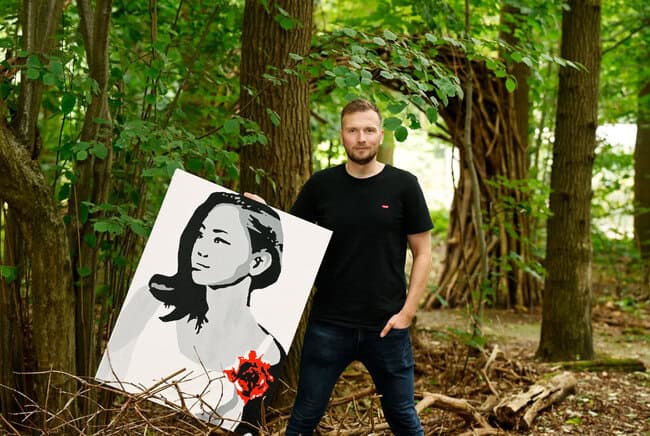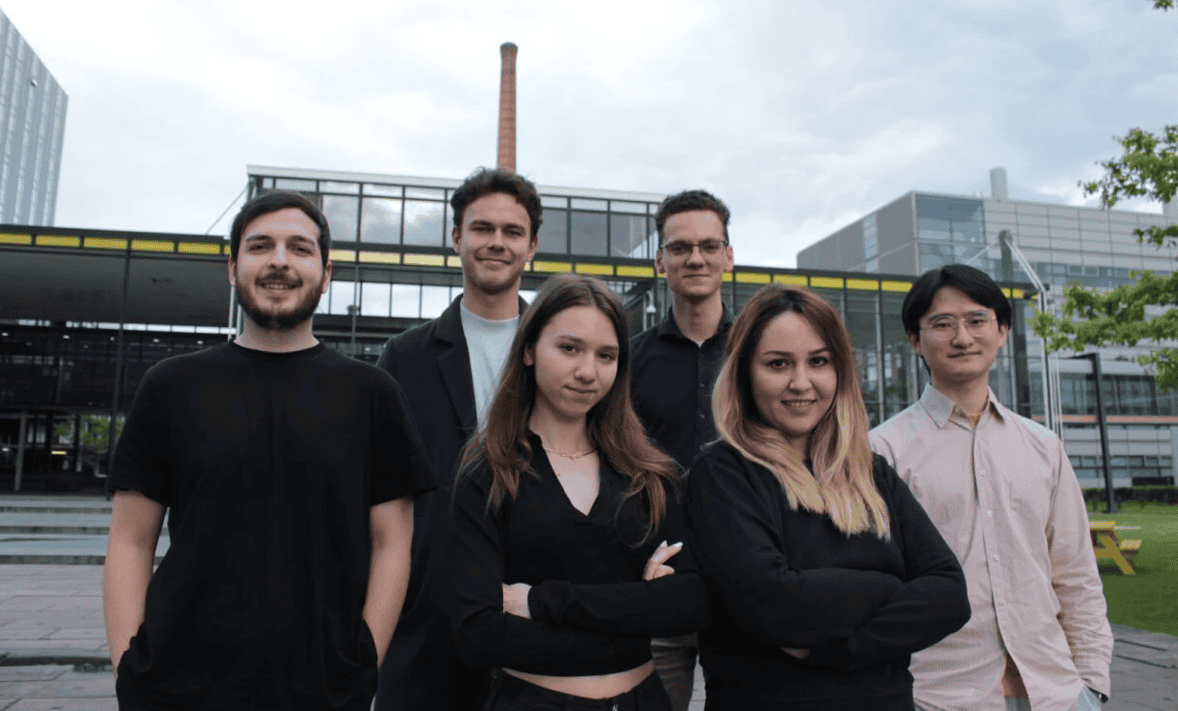
Patients with chronic conditions are the biggest users of the majority of healthcare resources. The Norwegian start-up Dignio is working towards a system that allows the patient to be more involved in their treatments themselves, without having to physically go to hospitals or healthcare facility as often as they normally would have to. Dignio connects patients and healthcare professionals through a digital platform which alters the traditional way of delivering health services and opens up new possibilities for more sustainable solutions. This will result in a better quality of life for the patient and a reduction of hospital admissions and outpatient visits.
Dignio calls this “Dignio Remote Care,” a method with which patients with severe chronic diseases such as COPD, diabetes, hypertension, chronic heart failure and cancer, are able to take medical measurements at home and feel safe in the knowledge that healthcare professionals will accordingly follow up the results and are available for support and care. It provides flexibility and a feeling of security for these patients in their everyday lives.
Innovation Origins talked to the CEO of Dignio, Lars Dahle, about the start-up and their new system.
Check other start-ups of the day entries here.
What was the motivation behind the creation of Dignio?
We wanted to find a problem to solve rather than just invent technology and then try to find where we could best apply it. Patients with chronic conditions use 70-75% of the total healthcare resources in any industrialized country. If we are unable to provide better care with less resources to this group, there would be no way we could solve the other pressing issues in this sector as we move forward.

Why is Dignio relevant?
The Norwegian Directorate of Health became interested in what we do at an early stage (2014) and commissioned a pilot project, where independent researchers measured the use of healthcare services of 190 patients with severe chronic diseases, with an older age of 70 years plus, in four districts in City of Oslo. The official report showed that these patients who are normally heavy users of healthcare services, needed 32% fewer hospital admissions, 50% fewer visits to the emergency room, and 41% fewer outpatient visits to doctors. The patients maintained the same level of progress and at the same time improved their quality of life. It is pretty safe to say that we contribute to the improvement of healthcare for chronic patients while using less resources.
Do you think that there are many start-ups tackling the same issue?
I hope so! There is still so much to be done in the healthcare sector, and there are so many people out there living miserable lives who do not need to. We need this to be a larger movement, so I welcome everyone who is focused on the same issue – as long as they are doing it for the right reason – which is to improve patient’s lives (and not merely to earn more money).
What makes Dignio stand out from the pack?
From the very beginning, we have bet on bringing experts in medicine and health together with software and tech experts. They are working alongside each other every day. We believe it’s impossible for technical people to develop a good solution for the healthcare sector just on their own. We now offer training for performing the procedures in order for patients to be able to take more responsibility for their own health. Also for the technical platform and ecosystem so as to ensure that this kind of new healthcare service actually works. Most of our competitors believe this is a technical challenge to solve. This couldn’t be further from the truth!
What has been the biggest obstacle that you had to overcome during the whole Dignio process?
When the solution is developed, whatever it may be, it needs to be extensively monitored and checked if it meets its goal in the real world. “How does the patient respond?” and “are clinicians adopting this solution in their everyday work ?” This has taken us many years and we have burnt a lot of our money on this journey and we have had to get through periods with not much income.
Was there a moment in where you thought of giving up?
Not moments – long periods! – for example – lying in bed, knowing that the bank account is almost empty, and there are 12 employees who expect to be paid next week!
What has been the most gratifying moment/ biggest accomplishment?
When we hear the testimony of the patients using the system. When they tell us how this was a turning point in their lives. That they finally feel more in control of what is going on in their body, and that they can master their every day lives after years of major concern and worry.
What can we expect from the coming years?
Dignio will now move into international markets. We need to get outside of Norway and positively influence and help more lives!
We would like to be a global player in the effort to move healthcare out of the hospitals and clinics and into the patient’s home. We prefer to work with the public healthcare system in order to have more impact.
What is your ultimate goal?
To be able to improve the health of one million lives!
Who is the Dignio customer?
We only work with healthcare providers. We do not offer anything directly to the patient.
How has been the feedback you’ve gotten?
Feedback from all of the stakeholders has been great. The patients love this kind of healthcare service. The clinicians involved find the Dignio system easy to operate, and the methodology we “preach” makes sense. BUT – we still find this sector to be burdened with a lot of skeptics and “nay-sayers” – so we don’t expect it to be easy. We must build it one brick at a time.
Need inspiration? Check our Start-up of the Day series here!







